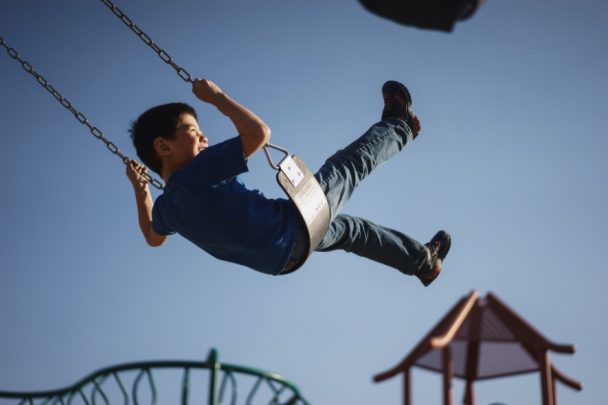Description
Playing is sometimes considered an unstructured, purposeless activity reserved for children and teenagers but it actually has an important educational value. In games, participants project themselves in external activities, which can be exploited to make them reflect on themselves and increase their self-awareness.
They need to communicate and cooperate with others, which contributes to their emotional and social intelligence. They can express themselves creatively while also respecting shared rules, increasing their capacity to concentrate and self-regulate their behavior.
This course will teach you to use games in your class to enhance your students’ capacities of self-expression and promote their personal (i.e., cognitive, emotional, and social) development. It will also help you create a more cohesive group, thus improving the quality of both your pupil’s learning and your experience as a teacher.
The course will introduce different kinds of games:
- Uninhibited and cohesive games, aimed to create a sense of trust in others, indispensable for the expression of the child within a community;
- Expressive games, involving storytelling, drama, and role-playing, teaching children to express themselves, and communicate with others;
- Relaxing games, help children to focus on their feelings, and grow emotionally.
As a participant, you will discover new games by actively playing them. Hence, you will come to the course with comfortable clothing, ready to move and use your body!
By the end of the course, you will know how to use games in your class to make it a more comfortable environment for the personal and social growth of your pupils, thereby strengthening the relations among them and with you as a teacher.
What is included
Learning outcomes
Participants in the course will learn to:
- Design and supervise playing activities;
- Conceive playing as an expressive tool that enhances spontaneous creativity;
- Use games to stimulate your pupils’ capacities of self-expression and self-awareness;
- Resolve conflicts and encourage cooperation in your class;
- Manage and reduce inequalities through play;
- Promote social and intercultural interchange among your pupils.
Tentative schedule
Day 1 – Course introduction & relaxation methods
Course introduction
- Introduction to the course, the school, and the external week activities;
- Icebreaker activities and warm-up games;
- Games to present and introduce oneself.
Relaxation methods
- Games to relax focusing on the body;
- Presentations of the participants’ schools.
Day 2 – Warm-up games
- Warm-up games;
- Uninhibited and contact games;
- Games to relax focusing on dance and movement.
Day 3 – Imitation games
- Warm-up games;
- Imitation games, pantomime games, games with objects and disguises;
- Games to relax focusing on imagination.
Day 4 – Storytelling games
- Warm-up games;
- Storytelling games, drama, and role-playing games;
- Games to relax focusing on breathing.
Day 5 – Designing games
- Warm-up games;
- Designing games for your class;
- Let’s play our games created after the experience in the course.
Day 6 – Course closure & cultural activities
- Course evaluation: round-up of acquired competencies, feedback, and discussion;
- Awarding of the course Certificate of Attendance;
- Excursion and other external cultural activities.




